Training on mattresses and armed in a simulator
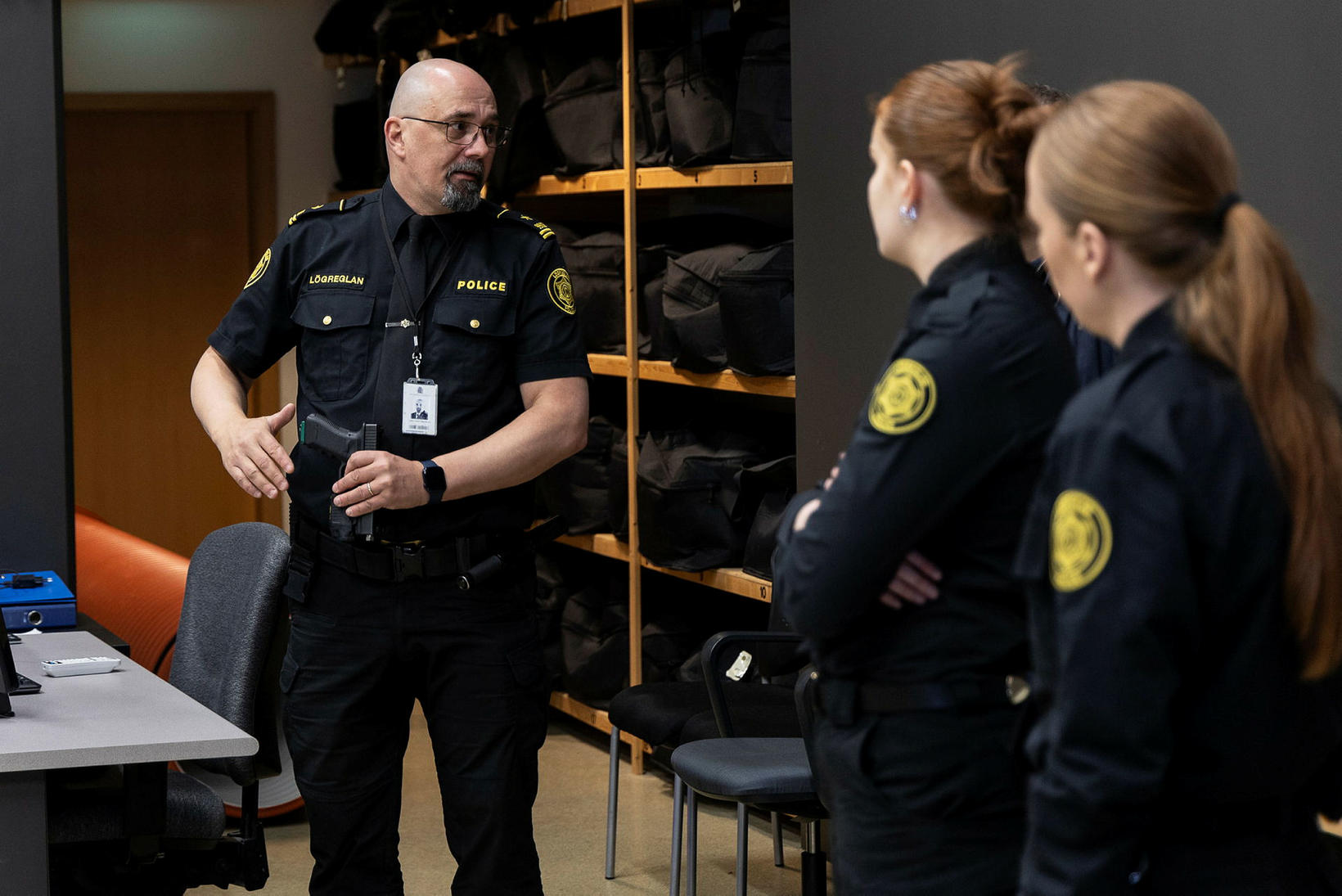
« For example, a lawyer, who is teaching criminal justice, can come and be present in a car or something similar, so we get such more angles in. »
Thus, Leifur Gauti Sigurðsson, a police officer at the National Commissioner of Education and Professional Development, describes, including the integration of literacy and vocational studies that are emphasized in police studies in Iceland.
95 police officers will be admitted this fall, but almost a decade ago, since police studies were moved to the university level. The University of Akureyri is responsible for the literary part and there the police officers pay tuition fees. The vocational part is taking place in Reykjavik at the Education and Career Development Center.
A journalist and photographer spent part of the day with police and greeted into their training.
Laser-connected Glock-guns
It is Tuesday morning and an exercise is underway at a traffic accident, where police officers are released on the platform and submit a so -called photography report.
They scoop the platform and form it in the back and front. They talk to witnesses and try to understand the situation and the scenario. The platform is then measured with a special scale.
When the students think they have been exploring the platform adequately and doing the whole field work, it is time to move into a house where the drawing is completed.
The Education Center has a so -called force of force used to put the students in disparate situations, where they are either allowed to use weapons or, for example, talk to an excited person.
« If orders are clear, an individual is obeyed. The manager can control what happens, but sometimes the pepper and bats need to be applied, » says Leifur.
The simulator also has firearms training lanes in the aftermath of basic training. Glock-lamp guns that have been inactive and connected to the laser that the soldier detects are used. Pressure cartridges are then used to mimic the gun.
Only to return
Leifur Gauti has been in the police since 1998 when he began working as a temporary, but then went to the Police School a year later.
He has done various jobs within the police and, among other things, held the position of investigating officer.
Leifur has worked at the Education and Career Development Center for almost three years. But why is he in the cops?
« It’s just fun. You want to help make the community a little better, » he says. Leifur confesses that working in educating and sharing his experience is much different from being an active police officer in the community, but he says it is rewarding.
« You only return what you have learned over the years. »
Leif reviews a few things before the policemen go out on a ready -made traffic accident.
mbl.is/karitas
Never more taken in
When he began working at the Education Center, the number of rental police officers was increasing from 40 to 80 a fall, but now it has been decided to increase them to 95.
Six police officials teach in undergraduate studies as well as other teachers who teach in the academic study north. The director is Ólafur Örn Bragason and the assistant police officer is Guðmundur Ásgeirsson.
The book program is in distance education and the internship takes place at the Education Center for four weeks per semester. One week per semester is a local session in Akureyri and then Leifur goes north with the students.
« We are concerned that students will see a connection between that literary and practical. Sometimes teachers from the University come and participate in practical exercises.
Police officers can get into all kinds of situations. Here is one armed and another with a shield. More people are ready and the concentration does not hide.
mbl.is/karitas
A whole science behind the drive
At noon, police students receive training in the use of force in a gym. There, the grasp are practiced both with or without a bat and the students are trained to protect against the attack.
A welcome expansion and breakdown on the day, but among what was going on in the morning was the teaching of reporting and the central police information system, Löke.
Asked about more that police students learn in the internship, Leifur specifically mentions driving with priority, which he says is a whole scholar behind. Then he mentioned something called « iprep », which he says is really stress management.
« You can imagine if you have been running a long distance for a long distance and coming to the spot then you might have come a little bit on the » red « . Just by taking a deep breath and just calming down you are better able to handle the project.
For example, we have a exercise where we connect a pulse meter to a special program and take the students through a workout where they see how the pulse smokes up when they enter in some circumstances. So they take a little « iprep » and go back into the situation better prepared to handle the project. «
Leifur also says that « de-esCulation » or how to calm the counterparty and then police students receive training in communication.
« The first step in the use of force is to talk to people. The job is so much about communication. »
Need a diverse group to form a strong police force
Leifur is asked about the increased hardness that has appeared in the community and the underworld and police officers meet every day. In this regard, he is asked if police are concerned about the development and in general all the difficult that police officers face in their work.
« We build on social support in the police and so it is so that all police staff are offered a certain number of psychology time a year. We urge students to take advantage of it.
There has been a complete raising in society and there is no embarrassment anymore that you have to go to a psychologist, ”says Leifur.
Doesn’t you need a special type of people to want to do a police officer’s job?
« There are all kinds of people who are well -versed in the police, » says Leifur, saying a diverse group needs strong police and police departments.
« This is how the community thrives best, that we are all slightly different and with different areas of interest. »
Leif says most of the police are between twenty and thirty. One time he says that there have been age limits but they have not now become.
« People just have to meet certain academic requirements and requirements. It needs to undergo background checks and medical examination as well as an oral interview.
Usually, people have had to be twenty to get into the police, but now people are finishing college 19 years. That is why the law was amended and we take people in a year earlier. «
Always someone who does not reach
Is this a difficult study? Everyone gets through?
« There are always some who do not reach. There are certain endeavors and people have to keep up. So people are different in academic studies too.
Studies have been delayed by someone who lands in some obstacles and so there are always someone who backs out when they see that the study does not apply. «
What does it cost to go to police studies? Is it expensive?
« It costs nothing more than another state study. You pay your fees in the HA for the semester and then the costs are expected somewhere but the educational center is in the budget under the National Commissioner of Police, » says Leifur.
He says that he hoped that we have had a good insight into the police education and seen what is fun to learn to be a police officer and points out to a journalist and photographer that the deadline for applications will run around the end of the month.
The policemen scrambled the scene and form it back and forth. They talk to witnesses and try to understand the situation and the scenario. The platform is then measured with a special scale.
Composite image/mbl.is/Caritas

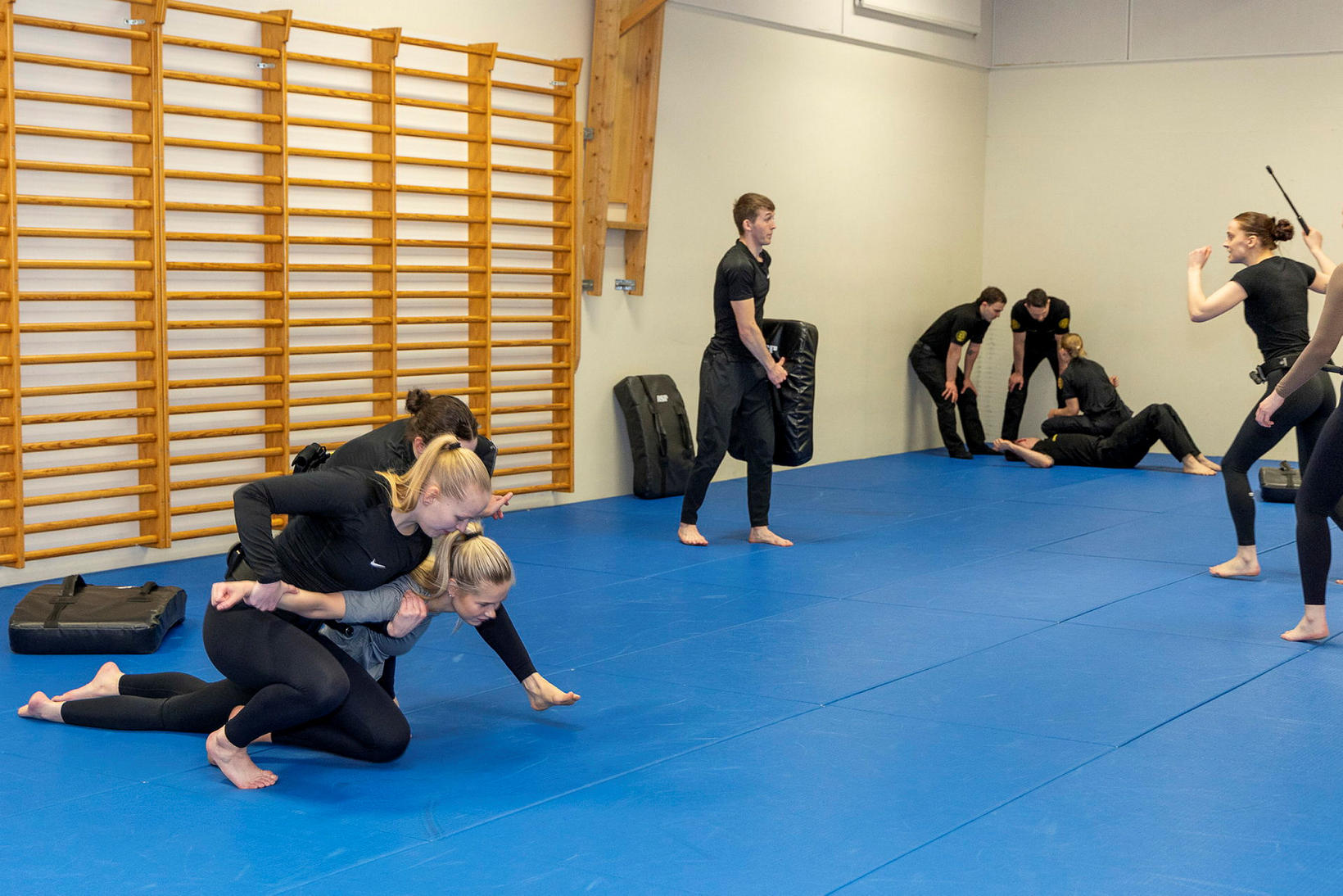
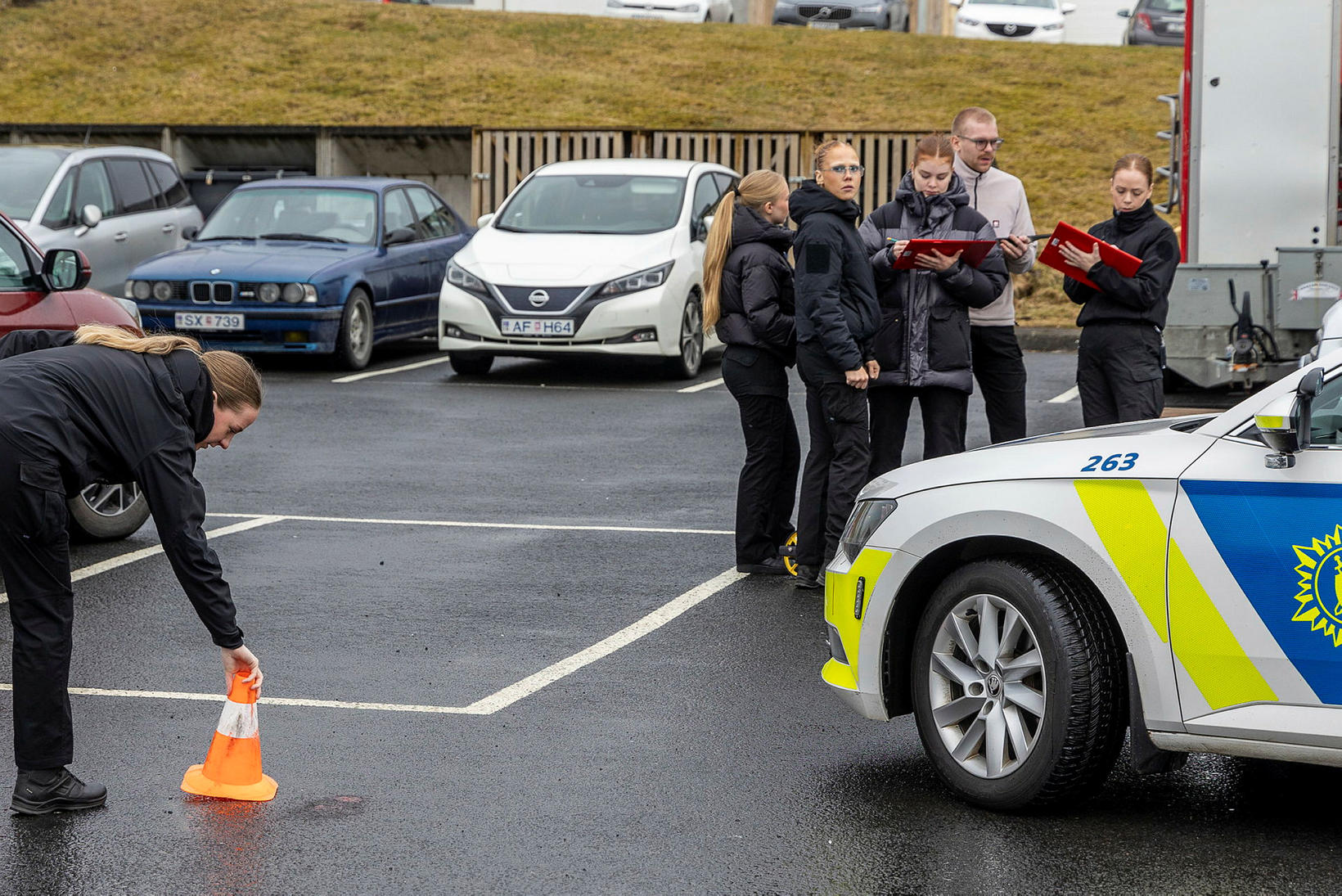
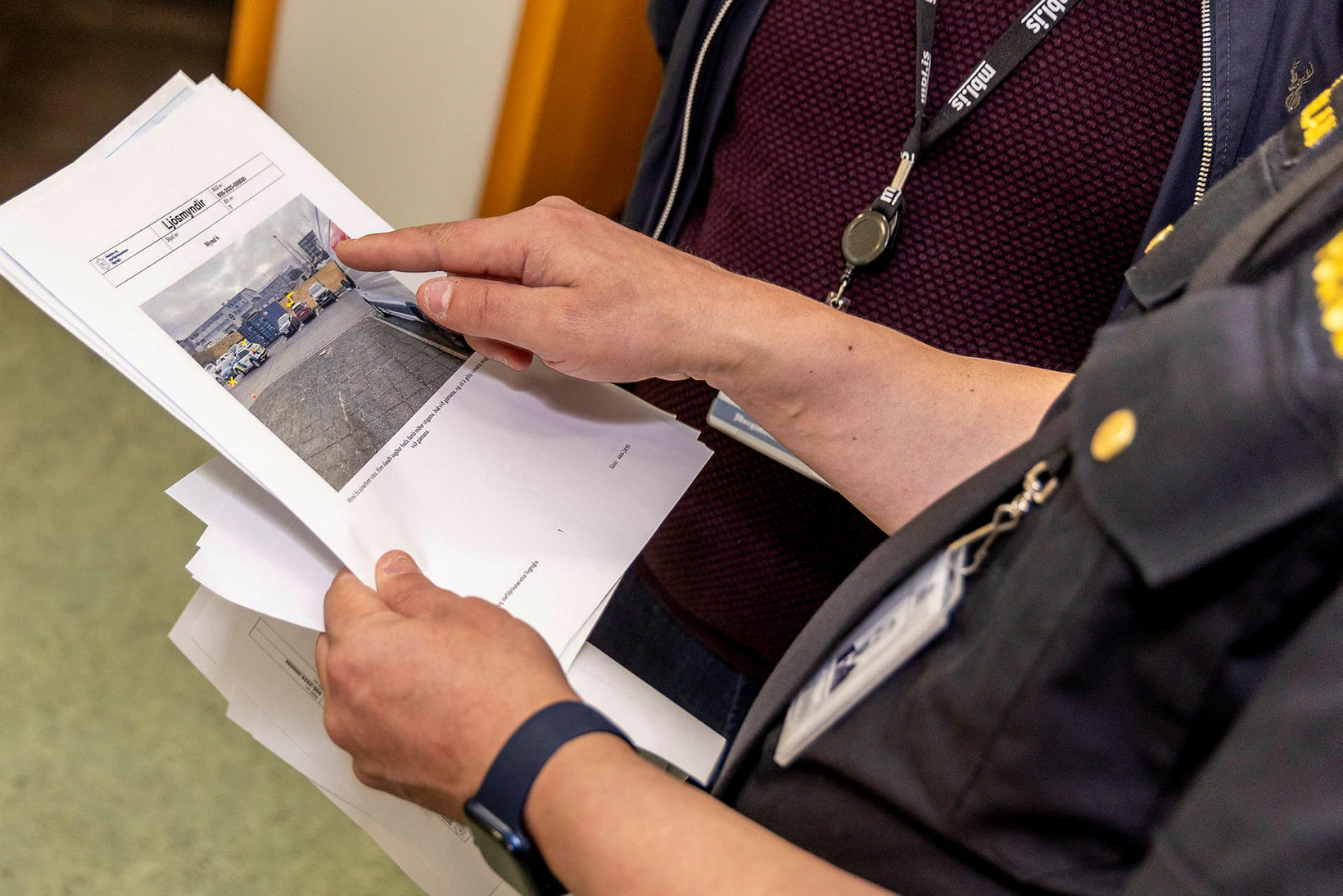
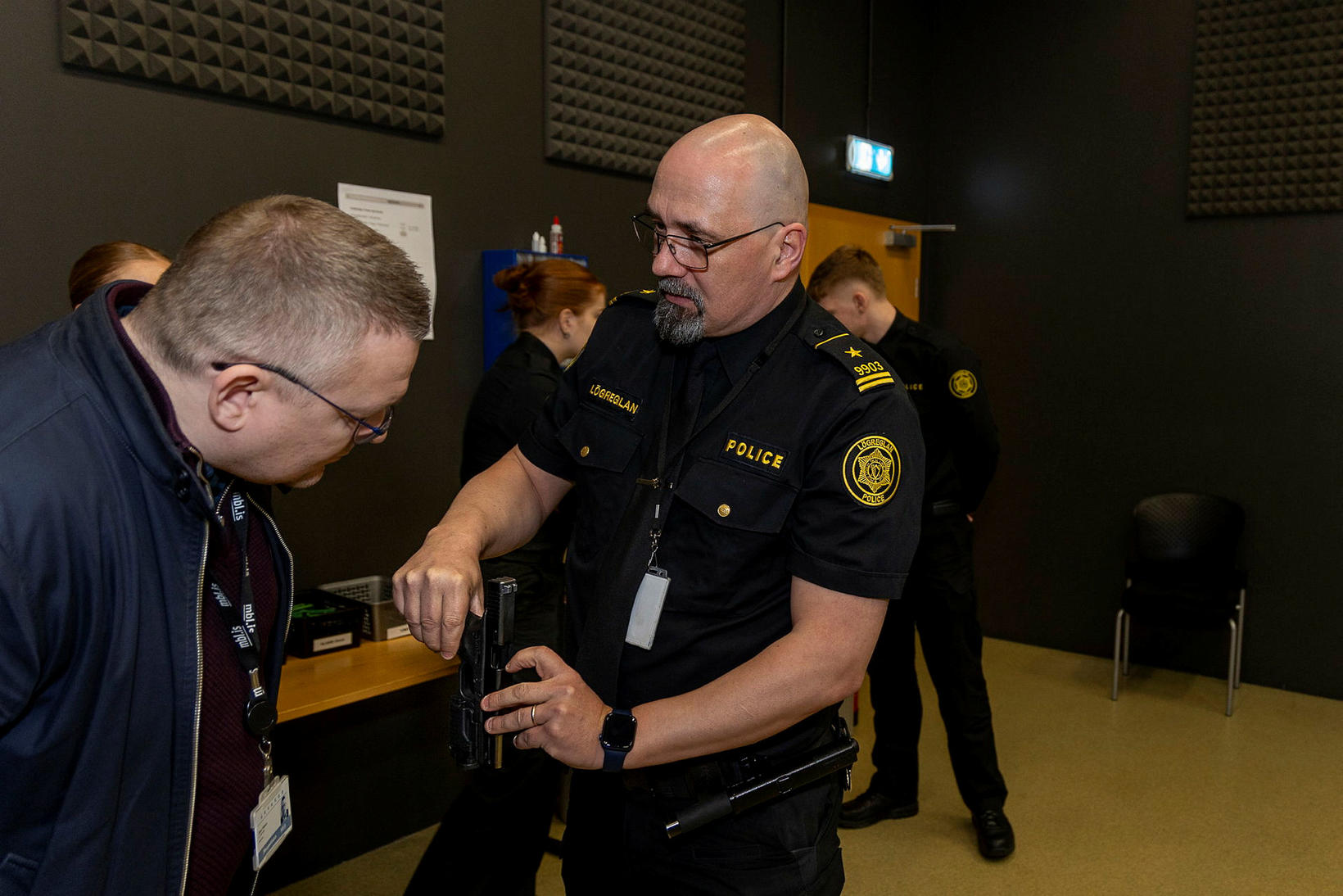
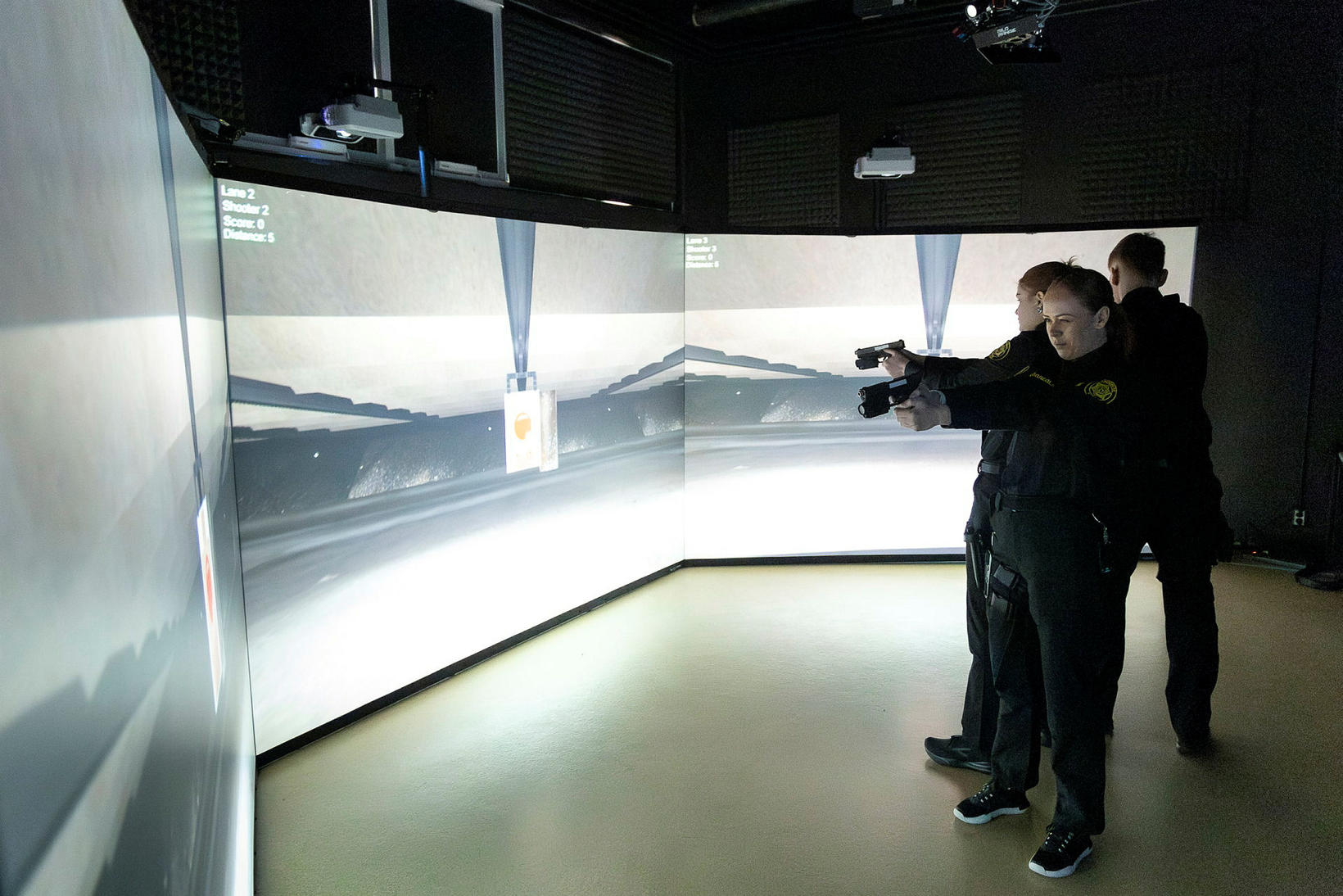
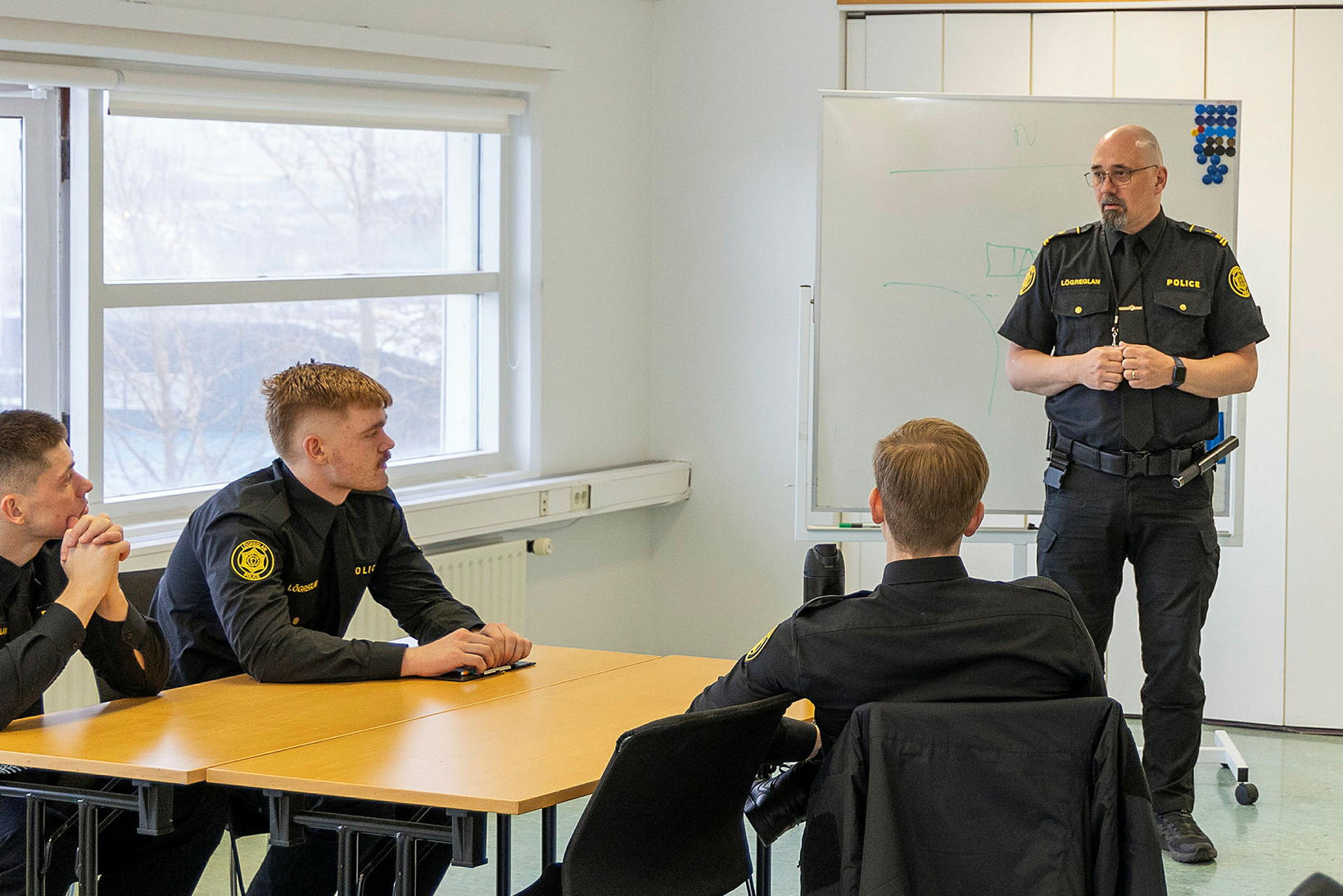
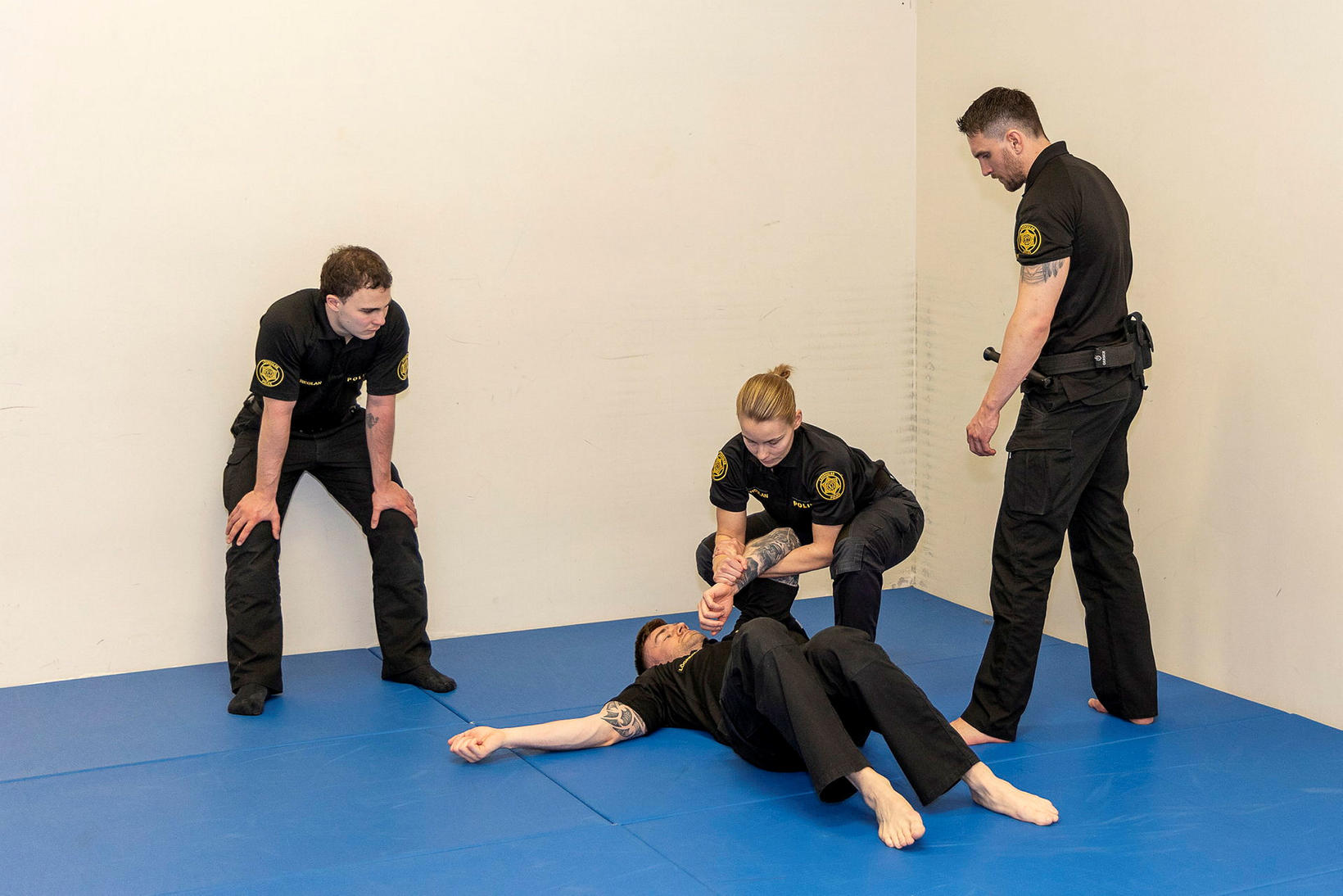
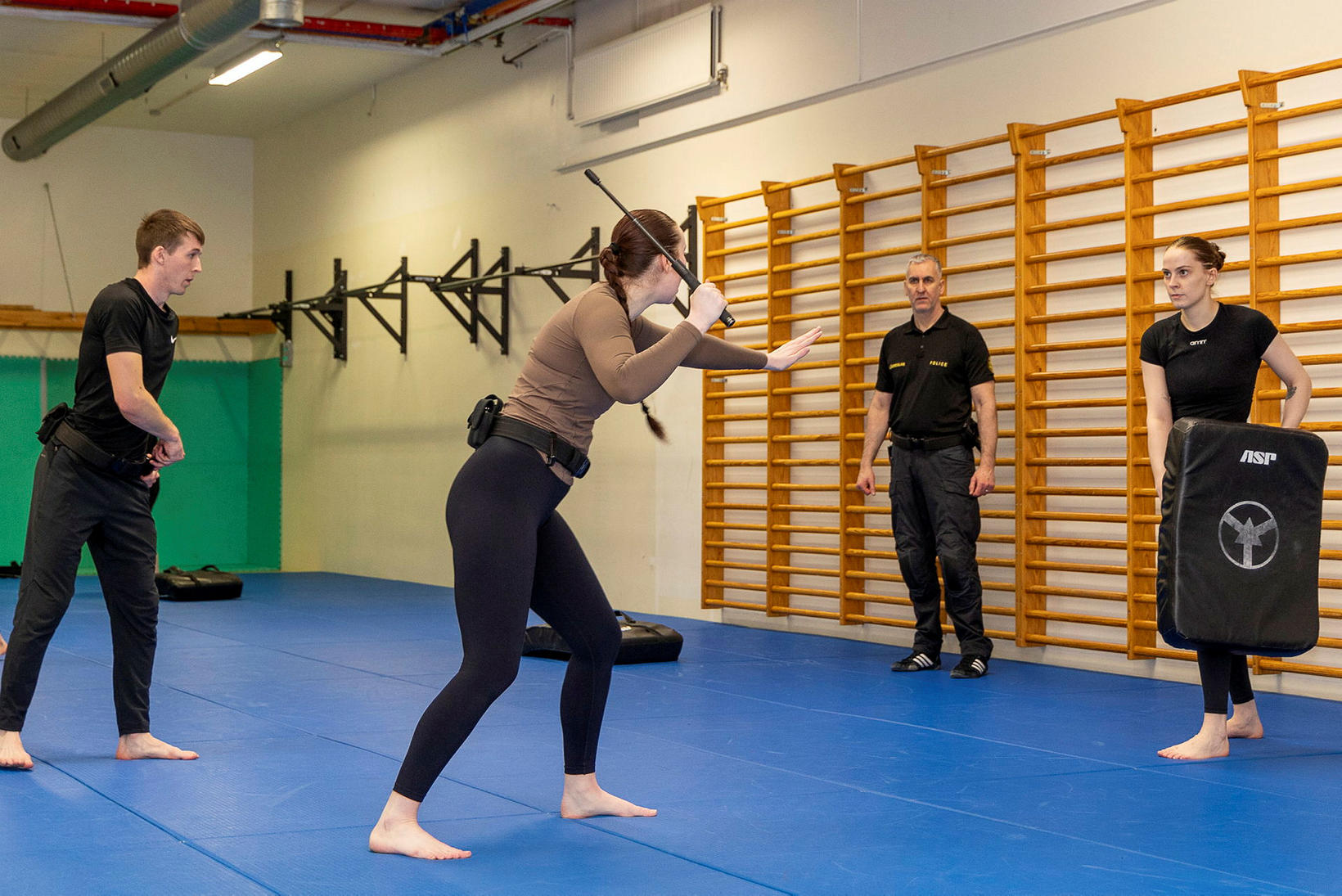
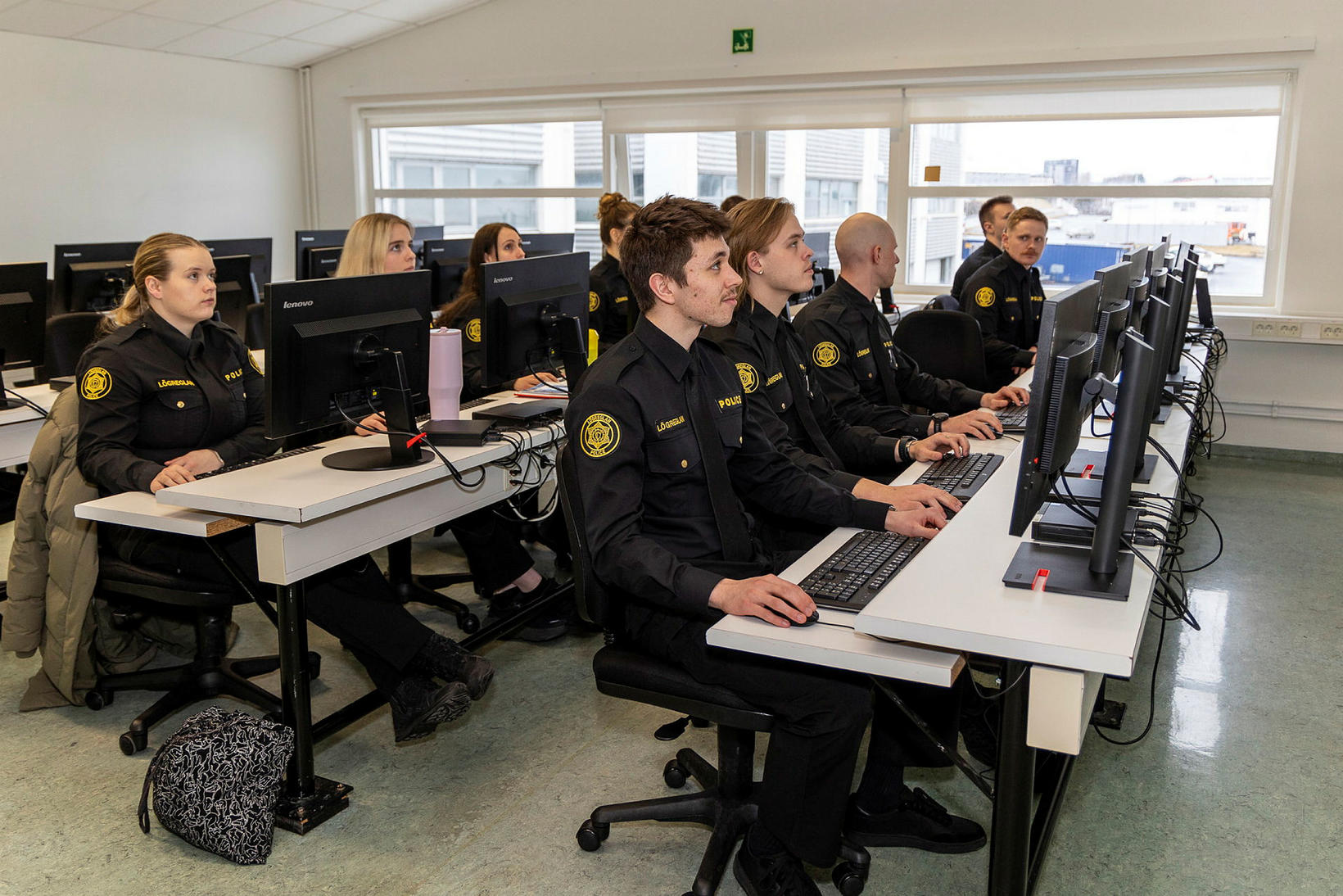
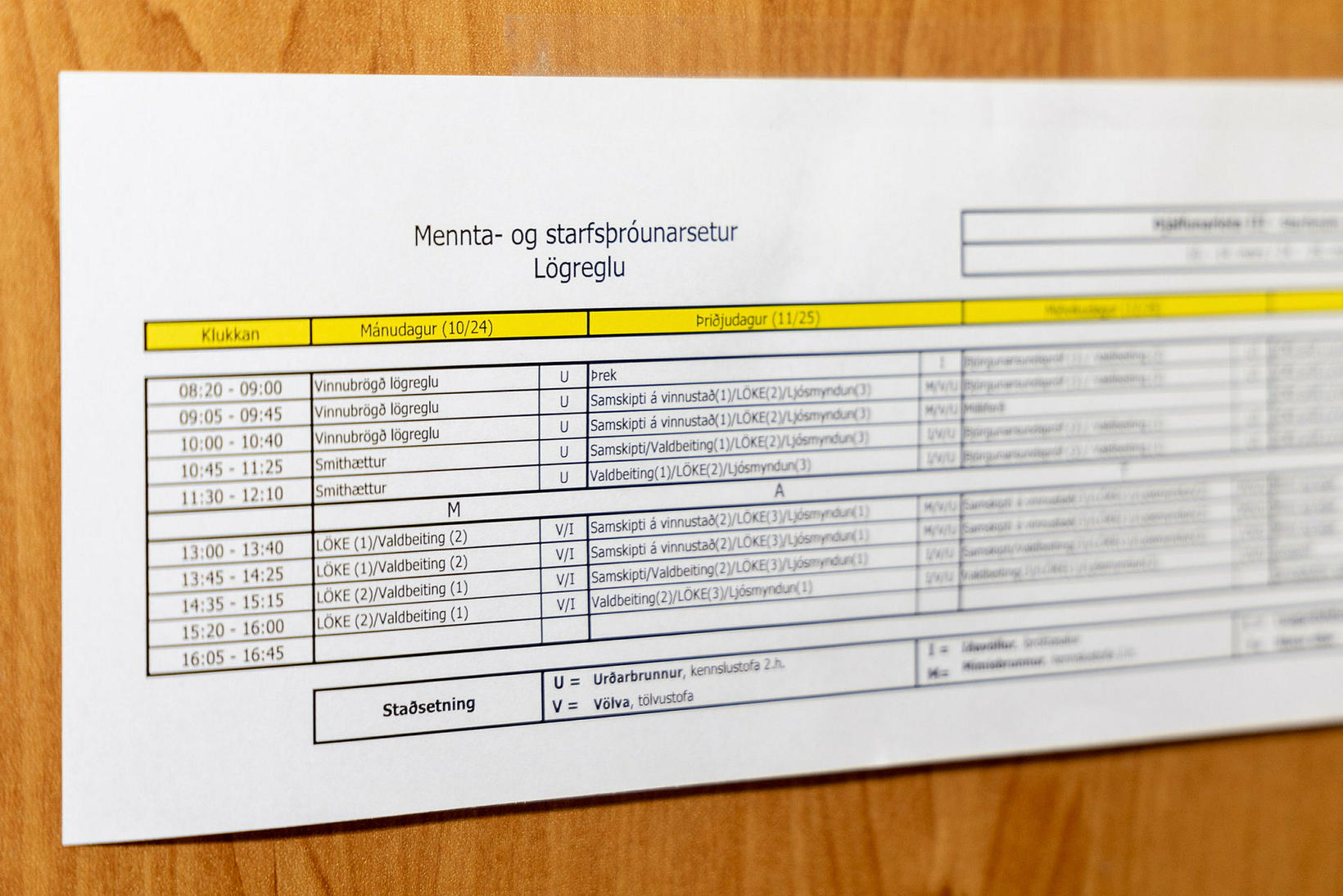
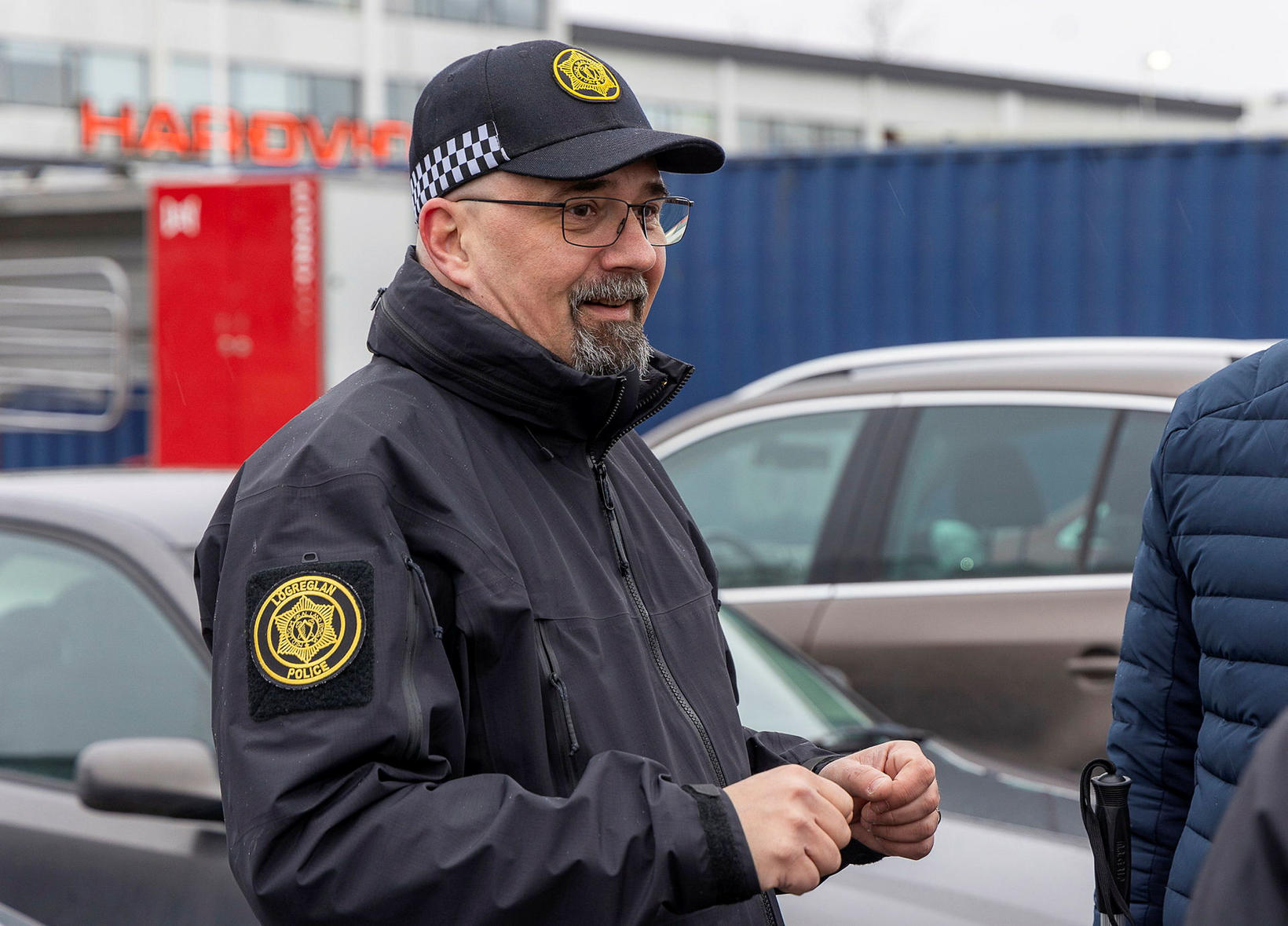
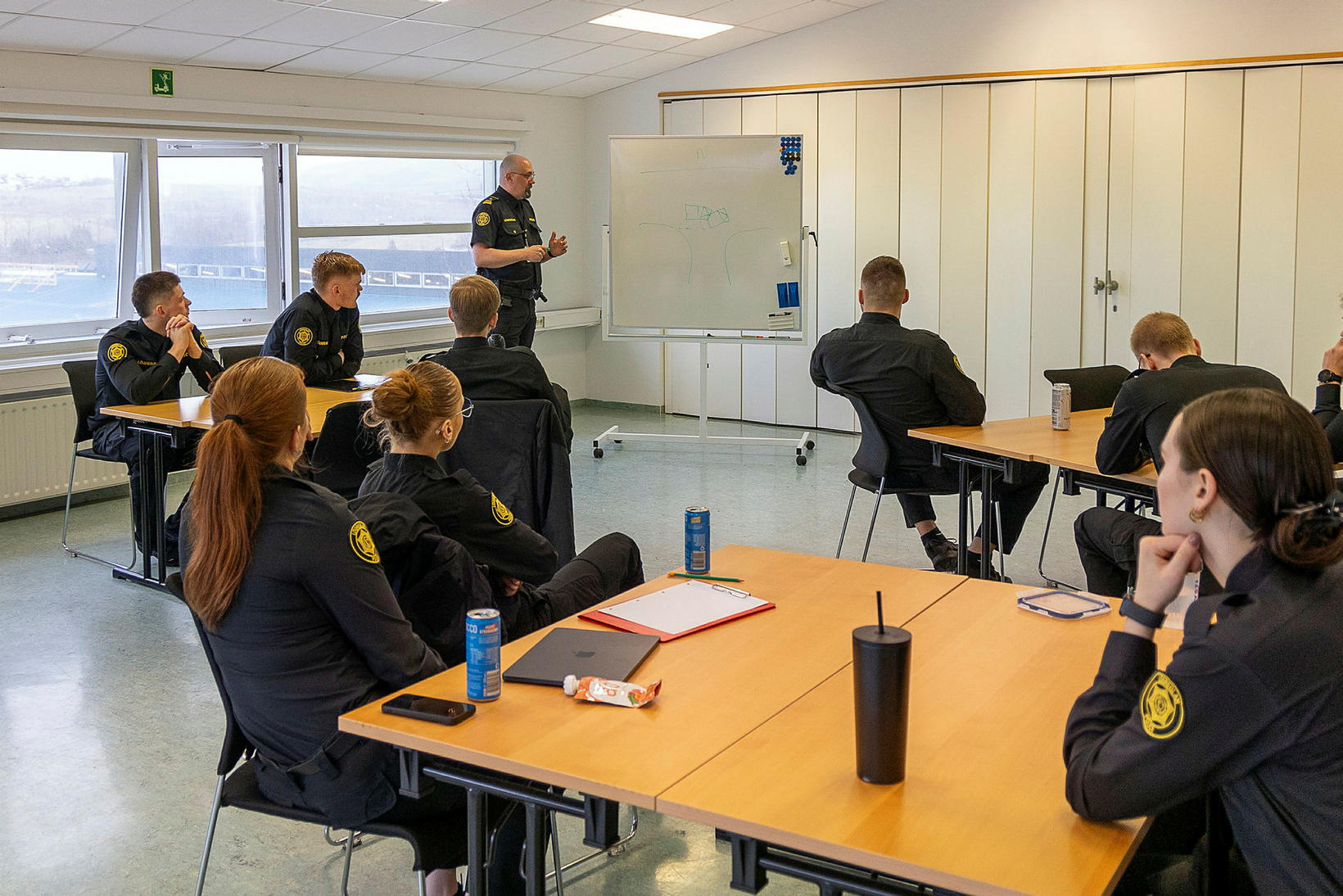
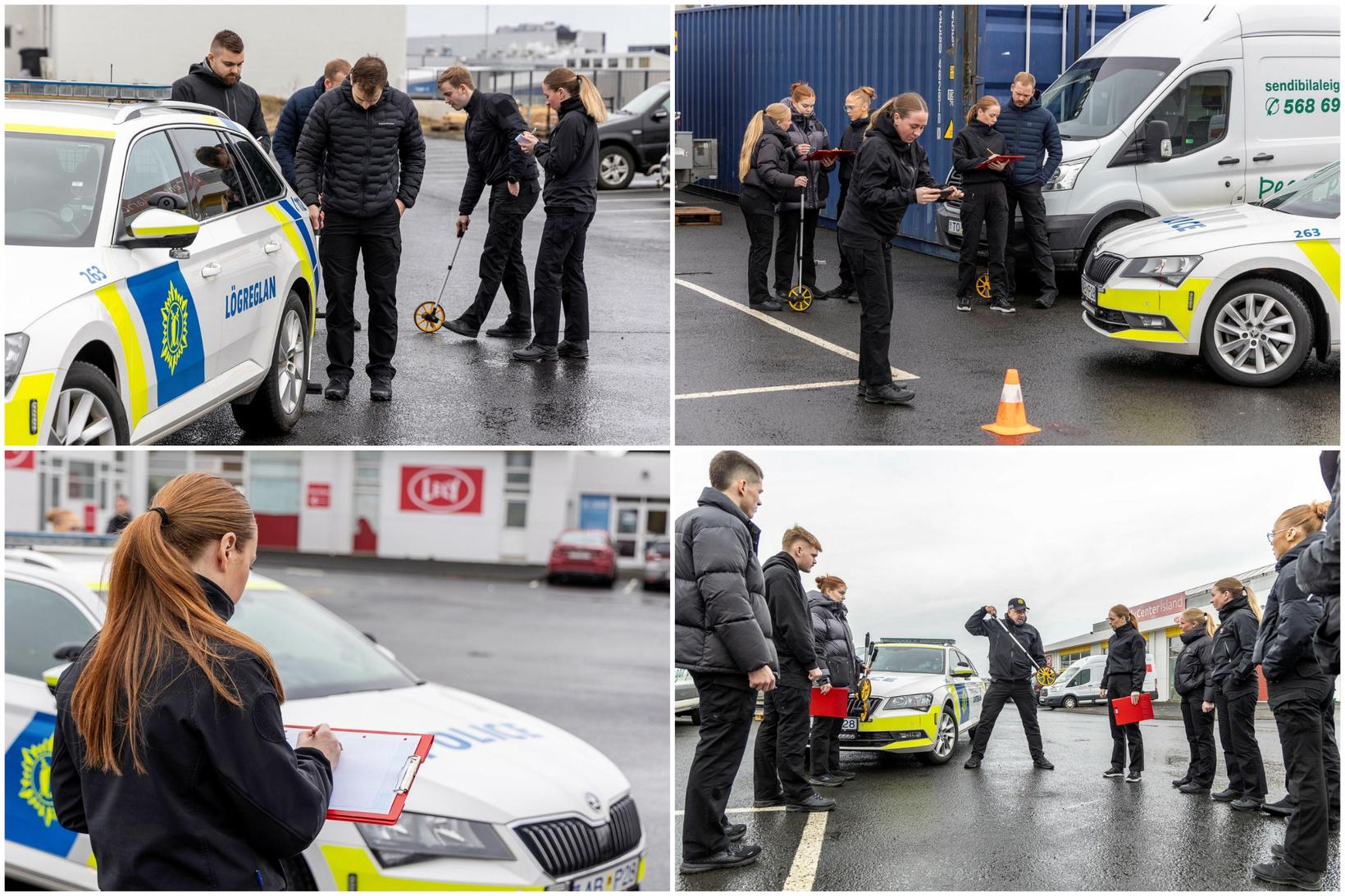
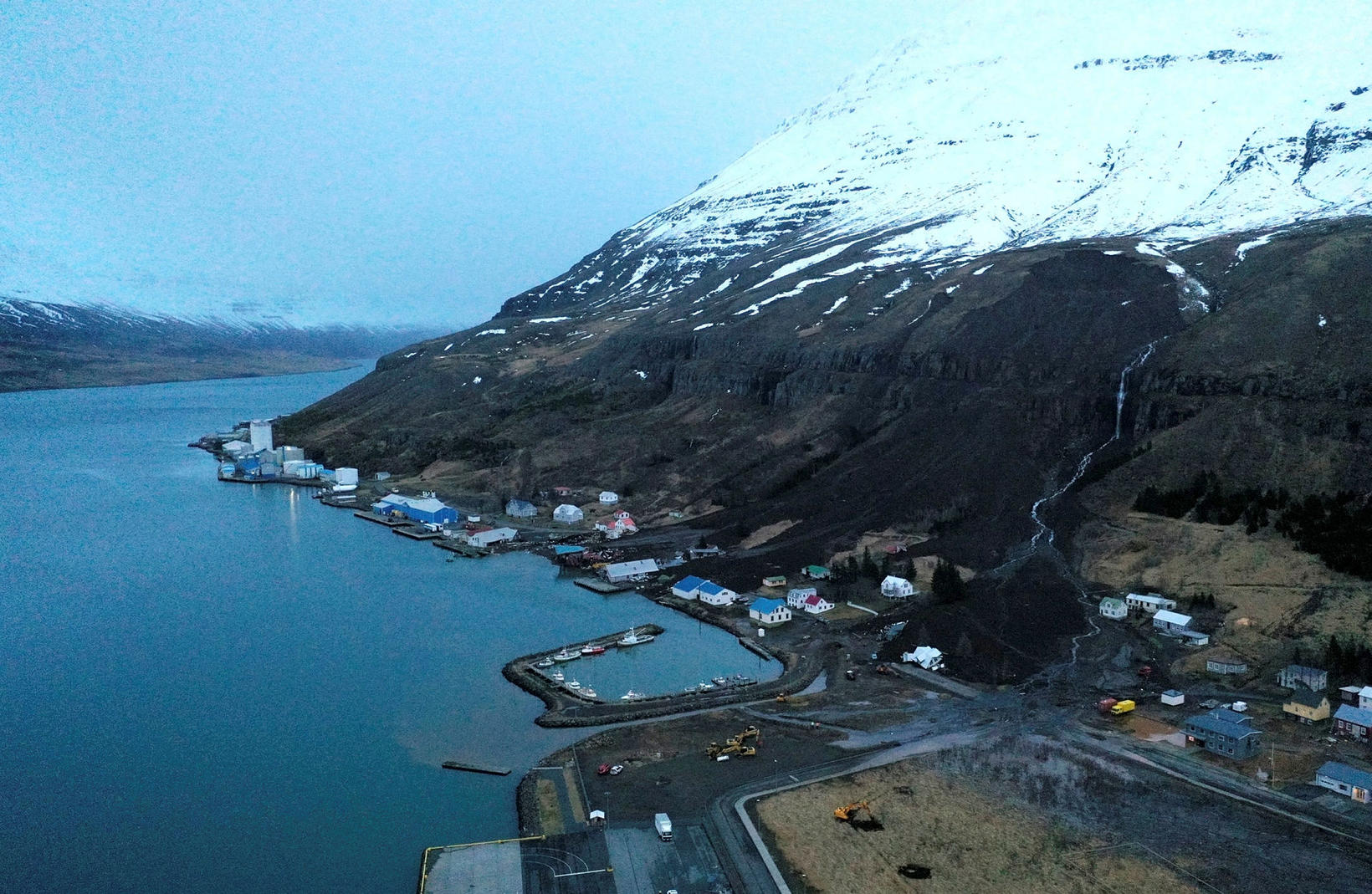

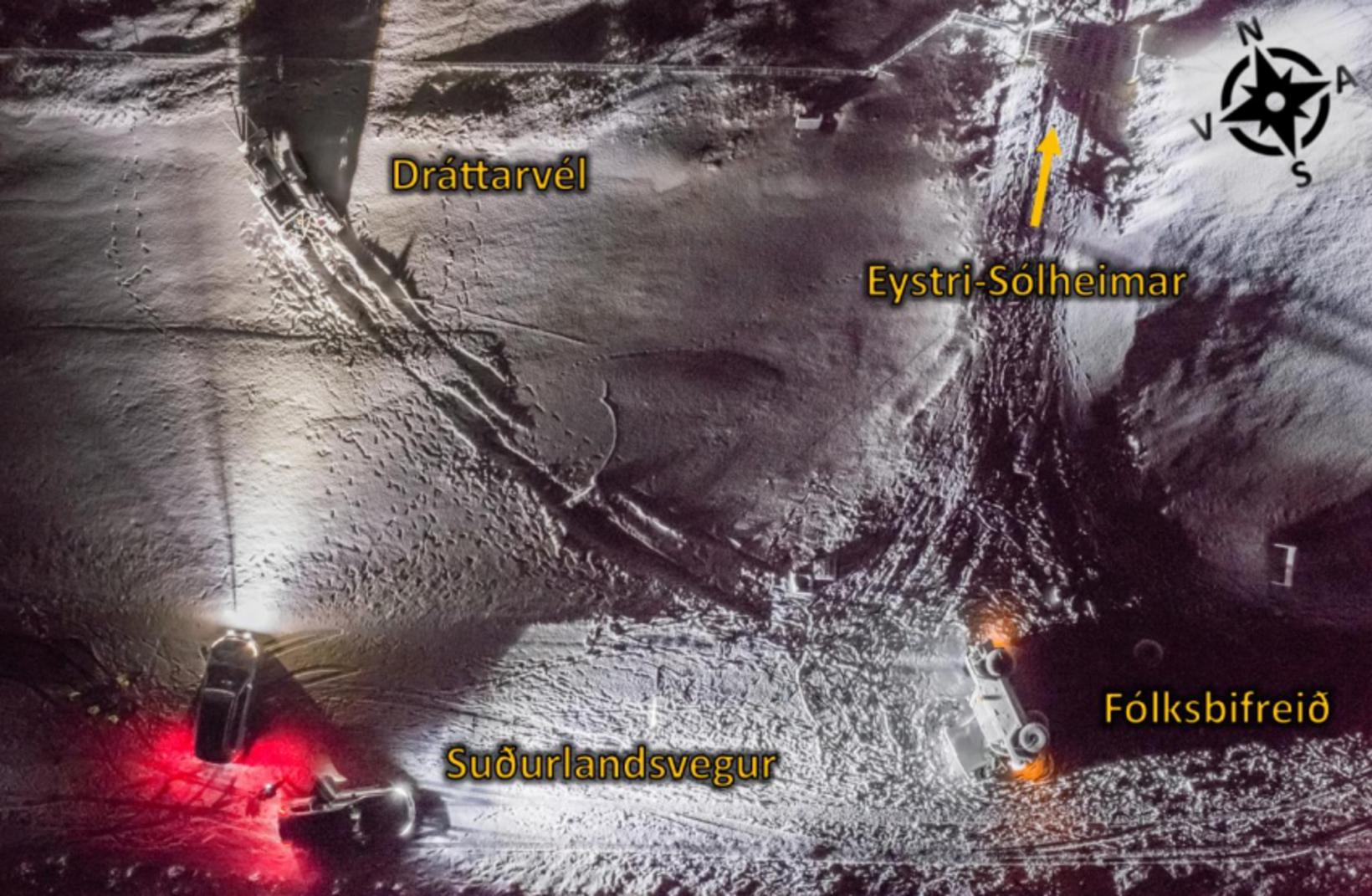
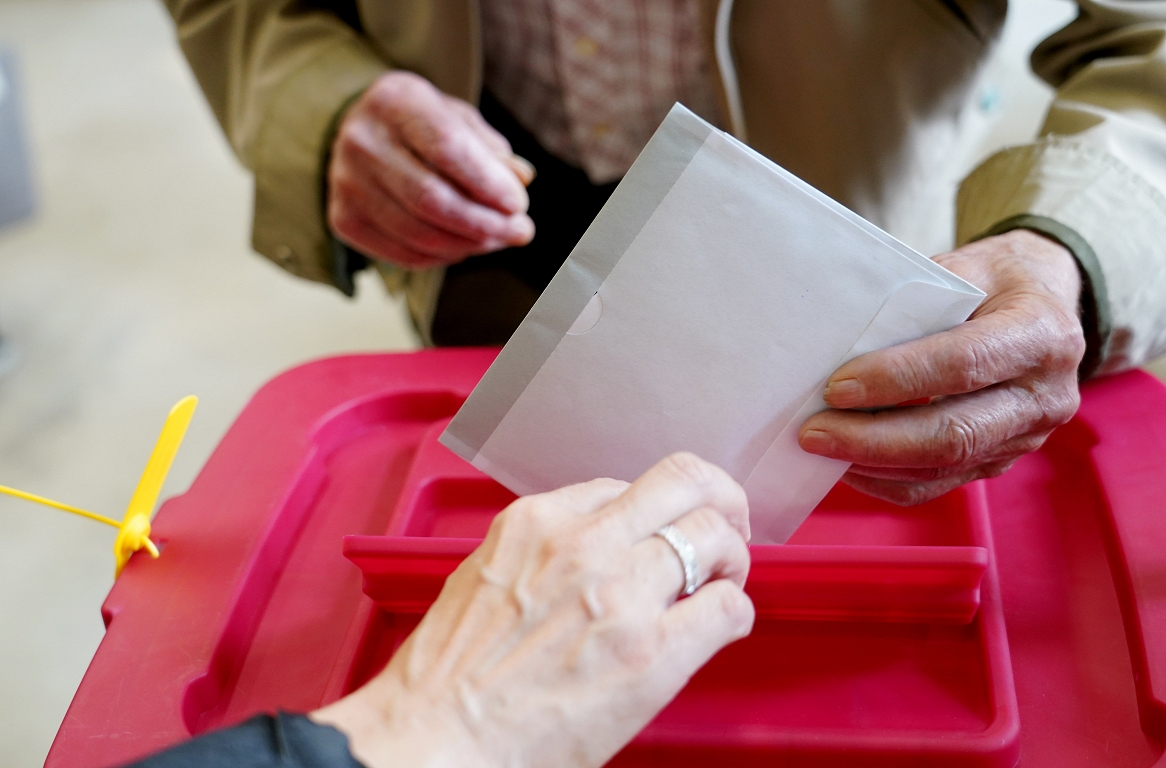
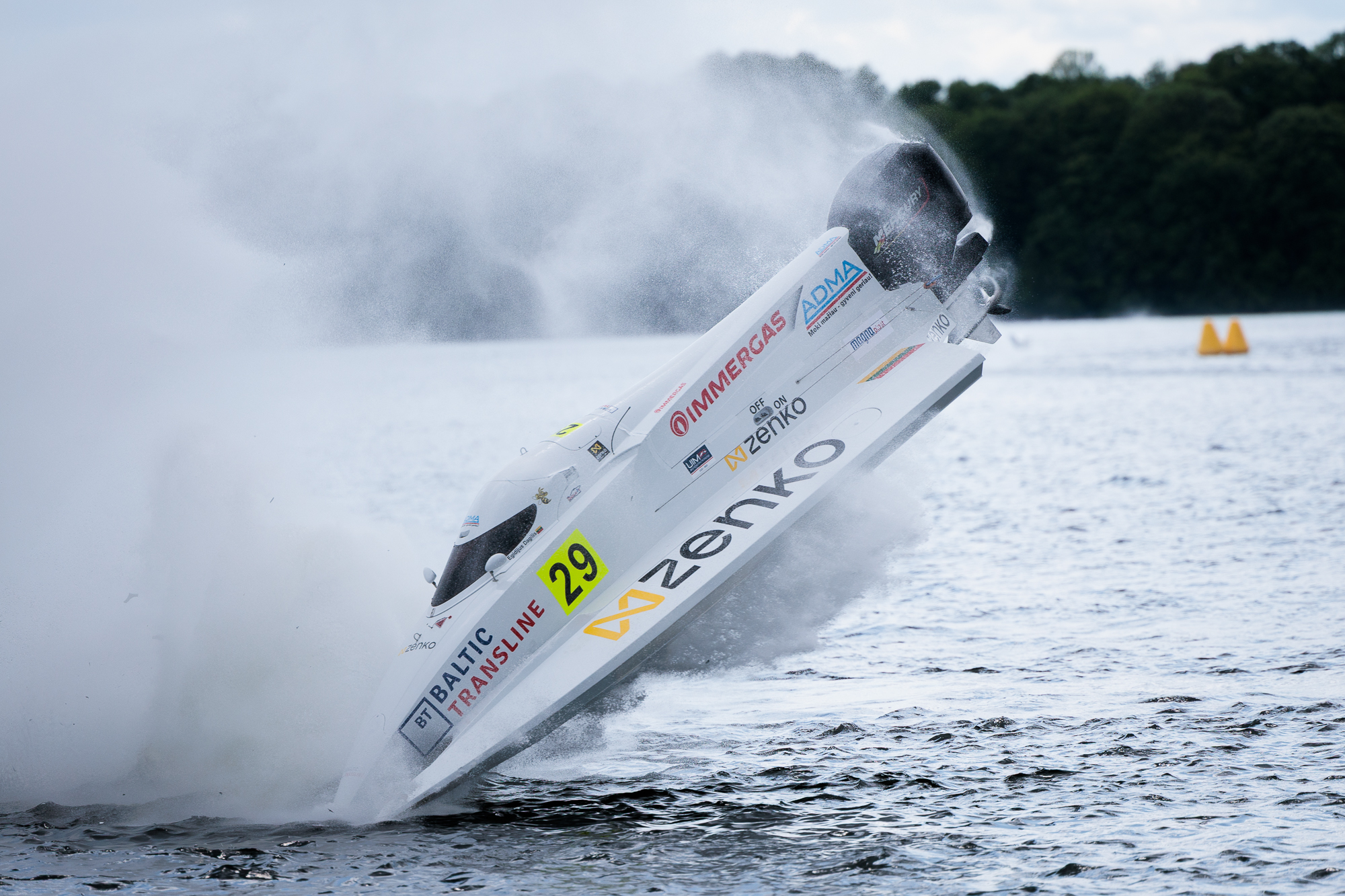
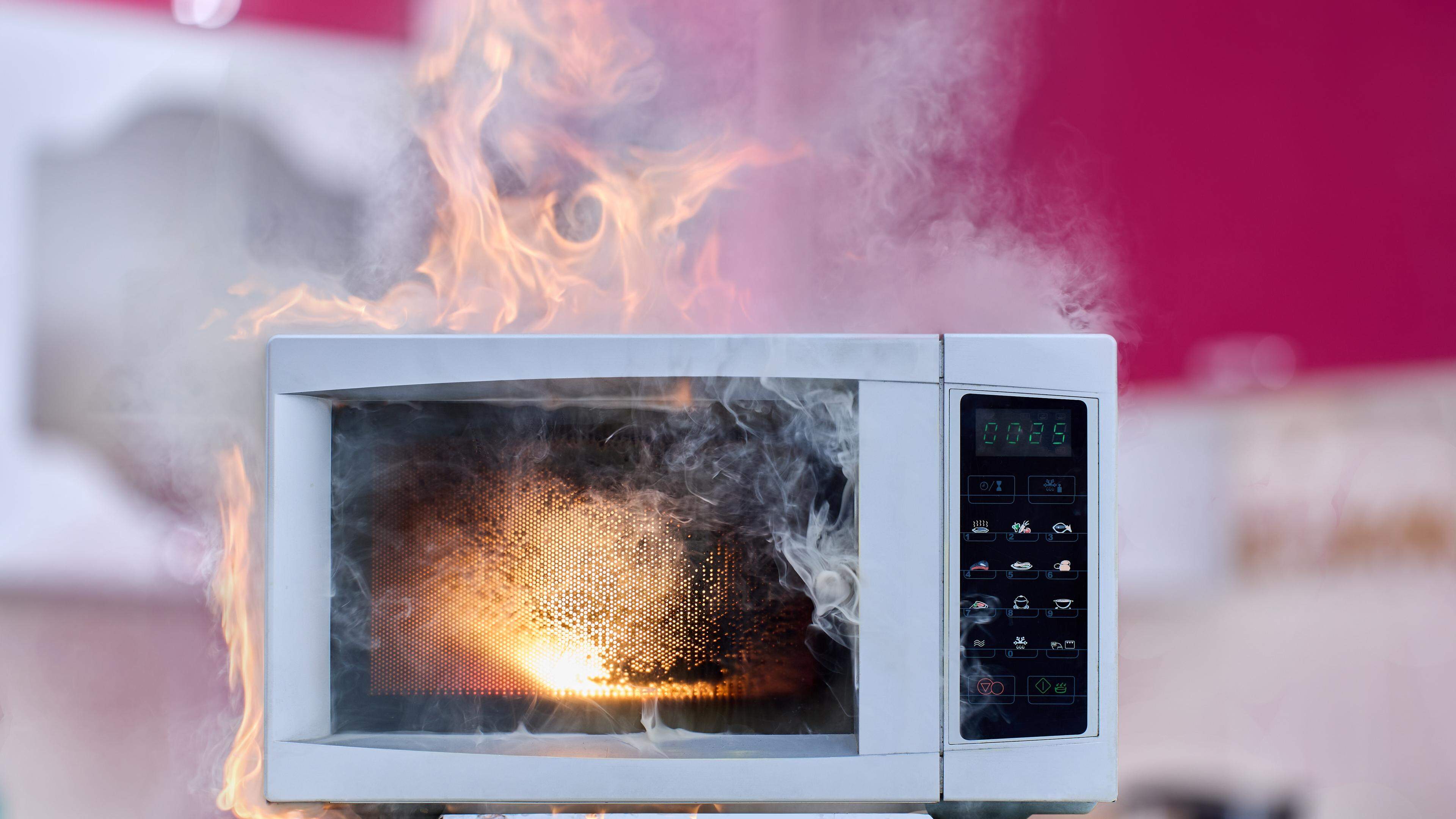
/s3/static.nrc.nl/images/gn4/data133306995-b21914.jpg)